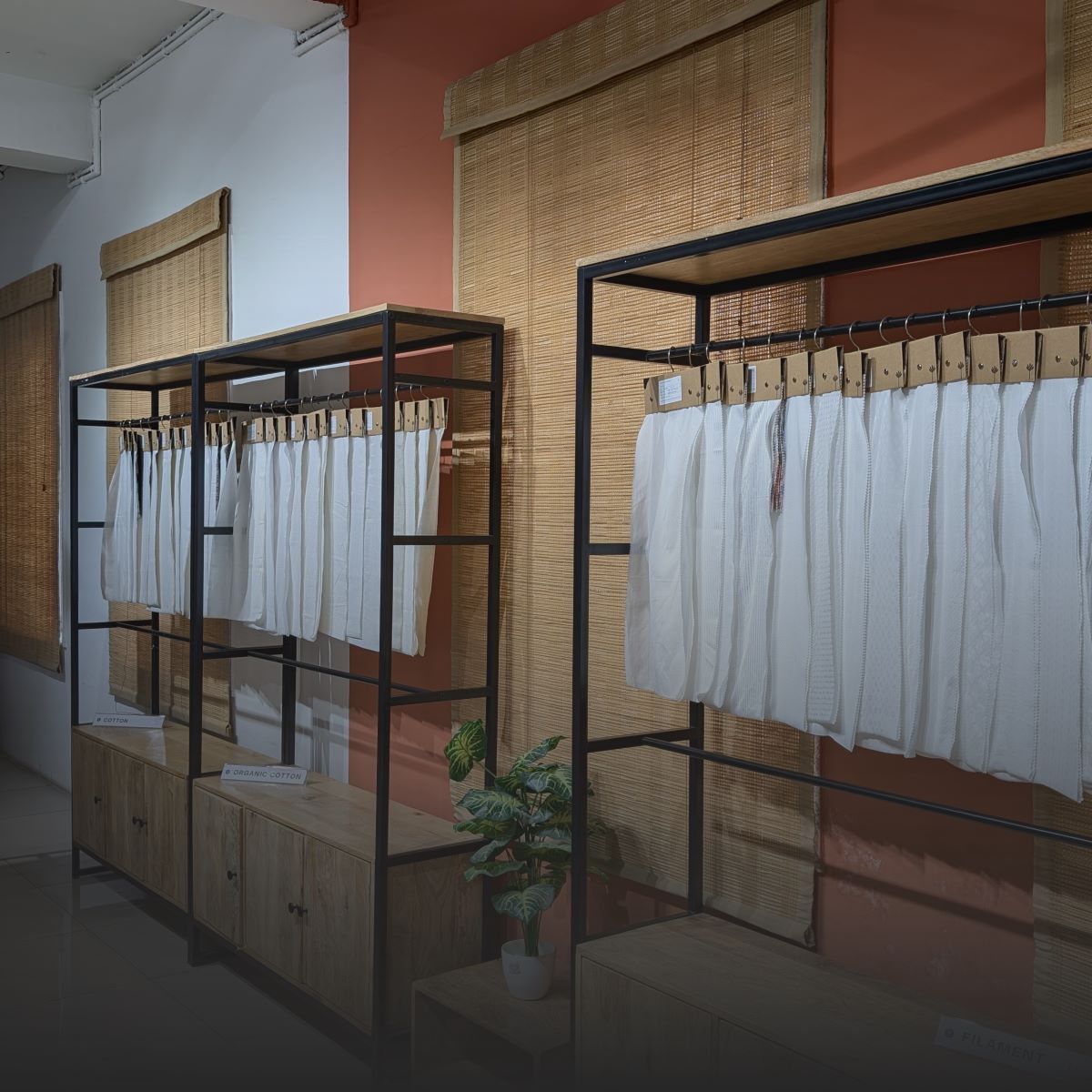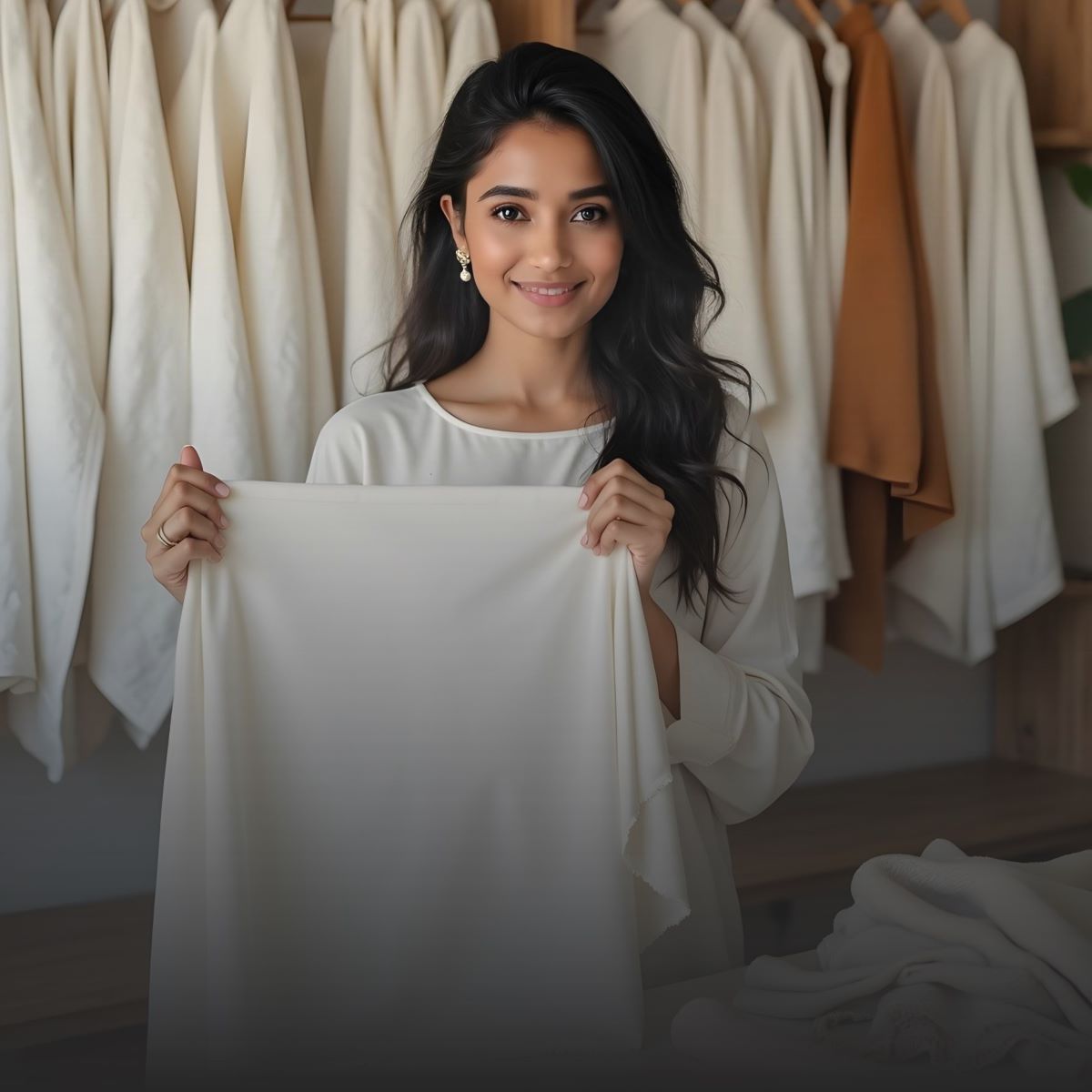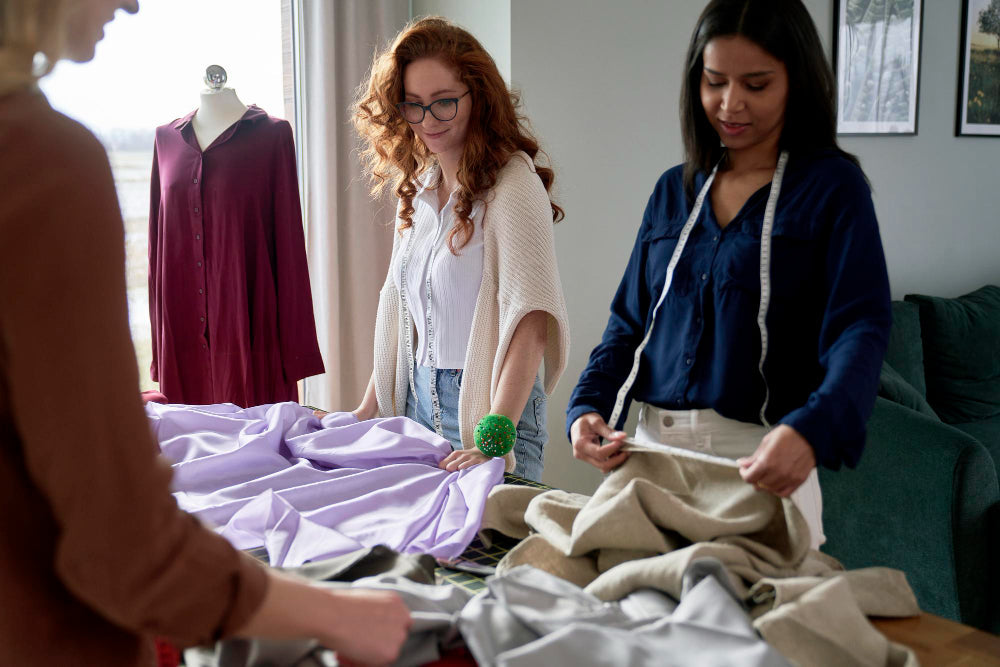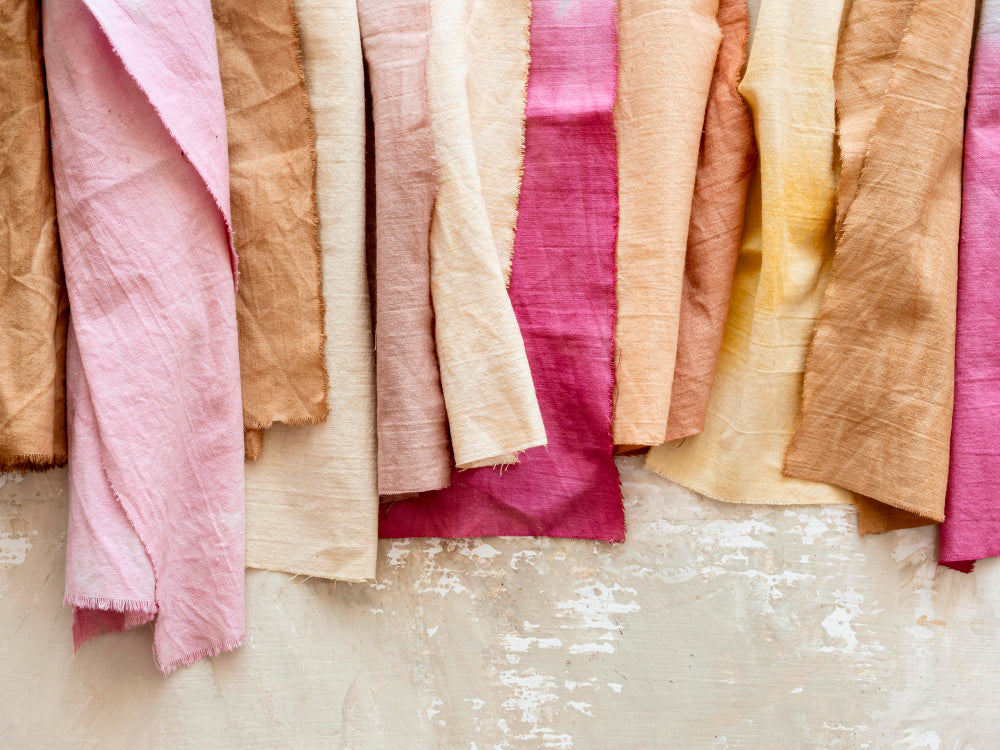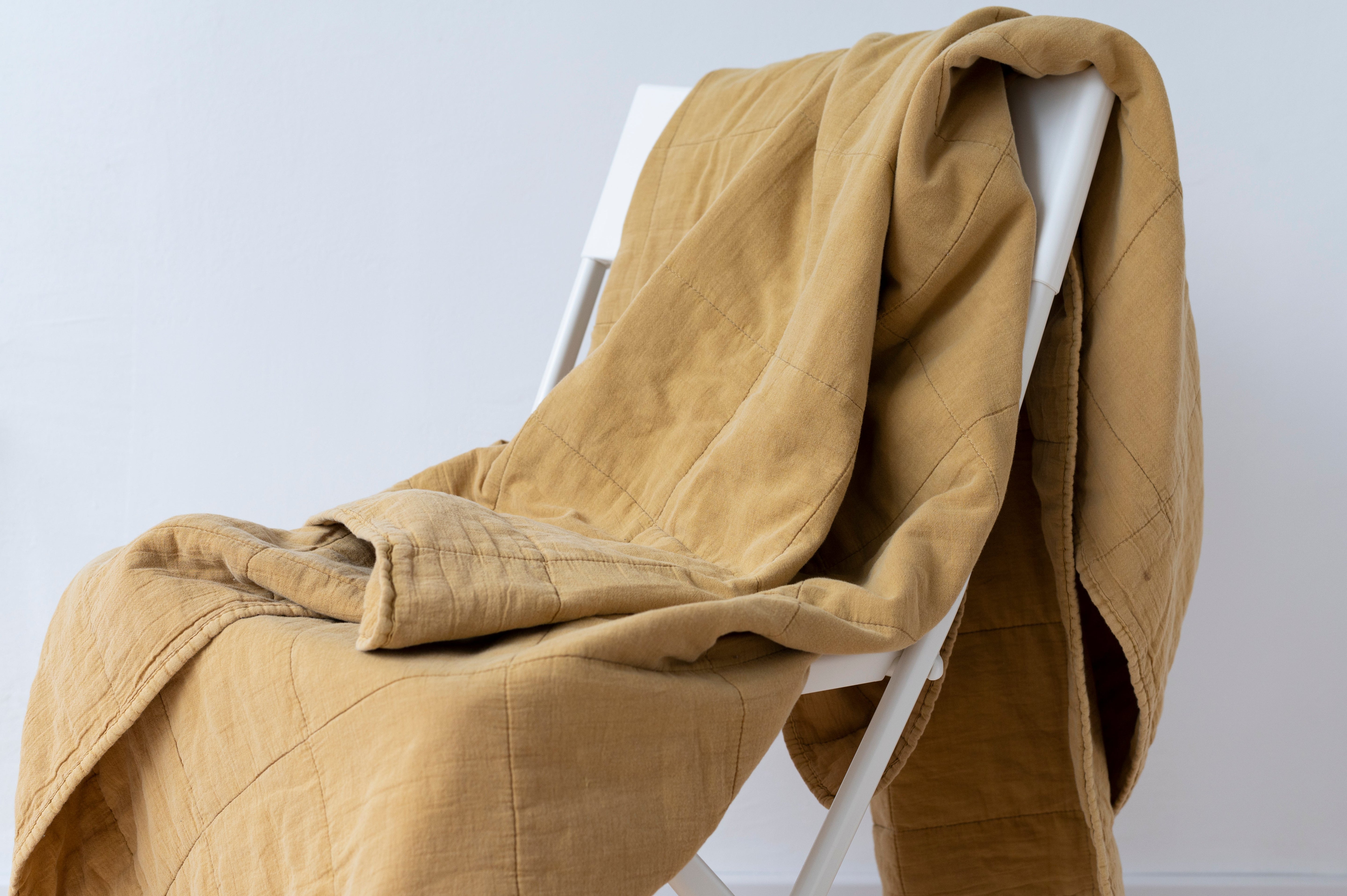Fashion is moving towards personalisation, sustainability, and small-batch production. The need for reliable wholesale fabric suppliers for custom designs is at an all-time high. Brands today need suppliers who offer unique prints, eco-certified fabrics, low MOQs, and global delivery.
Fabriclore is a top global fabric sourcing platform, trusted by over 500 fashion brands, startups, and retailers in the USA, UK, Europe, UAE, and more. Fabriclore connects affordable fabric sourcing with custom garment manufacturing, blending creativity and scalability.
This guide covers global wholesale hubs, key supplier traits, and why Fabriclore is a trusted partner for fabric sourcing.
Wholesale Fabric Suppliers For Custom Designs

Wholesale fabric providers are helping fashion firms meet the demand for personalisation, sustainability, and speed. Custom materials distinguish brands, promote sustainability, and enable growth. Partnering with trusted vendors allows firms more apparel options, lower MOQs, and faster turnaround times to compete in the global fashion market.
1. Growing Demand for Unique Identity
Fashion isn't just about creating a large number of clothes; it's also about crafting signature fabrics that reflect a brand's DNA. Labels can stand out in a crowded market with custom-printed or dyed fabrics.
2. Sustainability Goals
The government, stores, and customers now all want eco-certified fabrics with clear sourcing. No longer are certifications like GOTS and OEKO-TEX optional; they are now required to access high-end markets.
3. Affordability and Scalability
Many sellers put high MOQs (minimum order quantities) on small brands, which makes things hard for them. Modern wholesale partners, such as Fabriclore, fill this gap by providing low MOQs, which allow startups to test capsule styles before expanding production globally.
4. Speed to Market
In today's world of fast fashion and direct-to-consumer (D2C) sales, a brand's success depends on how quickly it can go from concept to production. To keep up with seasonal demand, sampling, dying, and shipping must happen soon.
What to Look for in a Wholesale Fabric Supplier

Businesses should think about the following when looking for custom design suppliers:
- Fabric Variety: A lot of cotton fabric, linen fabric, knits, viscose fabric, polyester, jeans, and eco-friendly fabrics to choose from.
- Customisation Services: Digital printing, screen printing, hand block printing, needlework, and dying are all options.
- MOQ Flexibility: Being able to work with both small amounts and output that can be scaled up or down.
- Certifications: Meeting the safety and environmental guidelines set by GOTS, OEKO-TEX, REACH, and BCI.
- Global Shipping Capabilities: Being able to send goods across continents at a low cost.
- Sampling & Prototyping Support: Before the final bulk output, there are swatches, strike-offs, and test yardages.
- Technology Integration: Online stores, finding trends with AI, and keeping track of orders in real time.
Top Places to Source Wholesale Fabric Suppliers Worldwide

When you buy fabric from around the world, you must consider quality, cost, range, and speed in mind. India is known for its handmade linens, China for its large-scale production, and Europe for its high-end mills. Wholesale fabric suppliers offer a range of fabrics, including cotton, silk, viscose, linen, knits, and performance fabrics, as well as customisation, certifications, and scalable production for global markets.
1. India – A Global Fabric Powerhouse
India produces a wide range of natural fibres and mixed fabrics, which it sells globally. India is a great place to find cheap textiles in a wide range of styles. Textile hubs include Surat for synthetic fabrics, Jaipur for block prints, Delhi for fashion fabrics, and Ludhiana for knitted fabrics.
- Strengths: A wide range of choices (cotton, silk, rayon, and handlooms), fair prices, and handmade methods such as ikat, ajrakh, and block prints.
- Weaknesses: Small-scale suppliers may not have the necessary licenses or be prepared to send.
- Best for: Cotton, unique prints, eco-friendly fabrics, and handmade textiles.
As a skilled, export-ready sourcing partner that offers more than just fabric, Fabriclore stands out in India. They offer compliance, scalability, and global delivery.
2. China – High-Volume Wholesale Fabrics
China remains the world's largest producer of synthetic materials, including polyester blends, technical fabrics, activewear, and other artificial products.
- Strengths: Economies of scale, a lot of industrial capability, and high-tech tools.
- Weaknesses: High MOQs, less freedom for small brands, and rising wages for workers.
- Best for: Polyester, nylon, work clothes, and industrial materials.
3. Turkey – A European Textile Gateway
When it comes to textiles, Turkey serves as the bridge between Asia and Europe. This is especially true for jeans, cotton knits, and eco-friendly fabrics.
- Strengths: Europe has shorter lead times and demonstrates good compliance with REACH and OEKO-TEX standards.
- Weaknesses: Costs are higher than in Asia, and there is a limited variety of handmade products.
- Best for: Denim, eco-friendly cotton, and fashion names from the EU.
4. Europe (Italy, Portugal, Spain)
Europe is known for its high-end fabrics and linens. Silk and wool from Italian mills are known all over the world, while linen and home textiles from Portugal are their speciality.
- Strengths: High-end materials, designs that follow the latest trends, and good environmental credentials.
- Weaknesses: Costly to make in large quantities.
- Best suited for: High-end fashion houses, couture brands, and high-margin clothing.
5. USA & UK Wholesale Suppliers
Many fashion houses in the West rely on domestic sources for quick turnaround times and prototypes.
- Strengths: Nearby, easy to talk to, and good compliance.
- Weaknesses: There are fewer choices, and the cost per yard is higher than in Asia.
- Best for: Smaller production runs, fast fashion, and capsule sets.
Fabriclore: The Best Wholesale Fabric Supplier for Custom Designs

Fabriclore is the most trusted company to work with when you need to buy fabric in bulk for custom designs. Fabriclore differs from most local or regional suppliers because it possesses profound industry knowledge, cutting-edge customisation, and a global reach. This makes it a one-stop platform for designers, brands, and makers.
Fabriclore's Key Advantages
- Global Delivery: Exporting without any problems to more than 50 countries, including the USA, UK, UAE, Canada, Europe, and Asia, with the help of dependable transportation support.
- Custom Design Capabilities: You can bring your unique ideas to life with digital printing, screen printing, block printing, embroidery, yarn dyeing, and eco-friendly dyeing solutions.
- Extensive Fabric Range: Premium denim, knits, Schiffli, tweed, and jacquard are some of the manufactured fibres that are available. Natural fibres like cotton, linen, and silk are also available. Fabriclore also specialises in sustainable fabrics, such as organic cotton, LenzingTM, and BembergTM, Cupro.
- Low MOQs: Startups and small brands can experiment with different products and sales volumes, but larger brands can scale quickly.
- Sampling Support: Before making a decision, order swatches, strike-offs, or trial yardage to try out the colours, designs, and feel of the fabric in your hand.
- Certifications: Export-ready and in line with GOTS and OEKO-TEX standards, which guarantee validity and long-term use.
- End-to-End Manufacturing: In addition to finding, Fabriclore also does custom garment manufacturing, which means they take ideas for fabrics and turn them into finished collections.
Comparison Table – Fabriclore vs Other Global Suppliers
|
Feature |
Fabriclore |
Local Indian Suppliers |
China Suppliers |
Turkey Suppliers |
EU Suppliers |
|
Fabric Range |
Cotton, linen, viscose, silk blends, denim, knits, eco-fabrics |
Limited or niche |
Large-scale synthetics |
Denim, cotton |
Premium fabrics |
|
Customization |
Printing, dyeing, embroidery, made-to-order |
Limited |
Minimal |
Some options |
High-end |
|
MOQ |
Low & scalable |
Medium-high |
High |
Medium |
Medium-high |
|
Sampling |
Swatches & test yardage |
Limited |
Rare |
Sometimes |
Yes |
|
Global Delivery |
50+ countries |
Not consistent |
Yes |
Yes |
Yes |
|
Cost |
Affordable & export-ready |
Cheap but inconsistent |
Competitive |
Mid-high |
Expensive |
|
Certifications |
GOTS, OEKO-TEX |
Often missing |
Available |
Yes |
Yes |
How to Source Fabrics from Fabriclore
- Browse the Online Catalogue at Fabriclore.com to explore dyeable, dyed, made-to-order, and ready-to-stock fabrics.
- Order Swatches to check fabric handfeel, print clarity, and finish.
- Customise designs with advanced digital printing, traditional block printing, or eco-friendly dyeing methods.
- Place Bulk Orders with flexible MOQs suitable for both startups and enterprise buyers.
- Receive Global Delivery with full compliance and export certifications.
👉 Fabriclore is more than just a seller because it can adapt to different needs, has a global reach, and has a lot of experience. It's a strategic sourcing partner for making clothes and custom fabrics.
Conclusion
To discover wholesale fabric for custom designs, you must strike a balance between cost, quality, legality, and possibility for expansion. There are various requirements in China, Turkey, and Europe, but Fabriclore stands out as the most versatile, affordable, and globally trusted supplier.
Every firm, from low-MOQ startups to enterprise-scale fashion houses, can benefit from Fabriclore's actual materials, eco-friendly alternatives, and full production assistance.
👉 Visit Fabriclore.com today to begin sourcing fabrics or researching custom garment production options for your following collection.
FAQs
Q1. Why Do Fashion Brands Prefer Fabriclore For Custom Fabric Printing?
Fabriclore is trusted because it combines creative flexibility with production reliability. Designers can ensure their ideas look good on fabric by printing them on small pieces first, before ordering a large quantity. Digital and rotary printing are just a few of the cutting-edge printing methods that the brand uses. This makes it easy to create designs that work for both small groups and the whole world.
Q2. What Types Of Fabrics Can Be Printed At Fabriclore?
There are lots of different things that Fabriclore can print on. You can choose from cotton and linen that breathe and viscose, modal, and silk blends that are light and airy. Therefore, fashion companies can select the materials that best suit their customers' needs, whether they're producing beachwear, work attire, or high-fashion garments.
Q3. What Makes Fabriclore's Printing Services Distinct From Those Of Local Vendors?
Most area vendors only print on a few types of fabrics and patterns. Fabriclore, on the other hand, stands out because:
- Wide substrate range (cotton, viscose, polyester blends, silks, linens).
- Pantone colour matching for brand consistency.
- Custom MOQ flexibility to support both startups and established labels.
- Strict quality checks that ensure print durability and sharpness.
Q4. Can Fabriclore Handle Bulk Printing Orders?
Yes, Fabriclore is designed for use on a large scale. The method is designed to work quickly and easily, whether for small sample yardages for testing or large-volume runs for production. Strong infrastructure and years of experience in the field make sure that every lot is the same, which is something that small sellers often fail to do.
Q5. Do You Provide Sampling Before Bulk Orders?
Fabriclore tells all of its brands to test pieces before placing large orders. Colour accuracy, print clarity, and fabric hand-feel can all be checked with samples. By adopting this method, companies avoid costly rejections and ensure that production planning proceeds smoothly.
Q6. How Does Fabriclore Support New Or Emerging Brands?
New names often struggle with high MOQs and deadlines that can't be relied upon. Fabriclore offers the following to fix this issue:
- Low MOQ printing for flexible entry.
- Global doorstep delivery for easy access.
- Dedicated fabric consultants to guide choices in material, print technique, and cost.
Q7. Are The Printing Techniques Eco-Friendly?
Yes. Fabriclore has spent money on sustainable printing practices like dyeing methods that use less water and ink. These reduce the amount of water and chemicals that are wasted, making the supply chain more eco-friendly, which is something that modern brands and customers actively seek.
We also happen to be a magnet for suggestions, and would love to catch yours….throw us yours on hello@fabriclore.com
